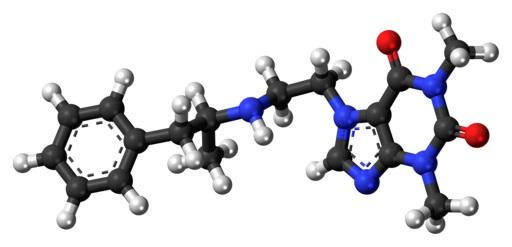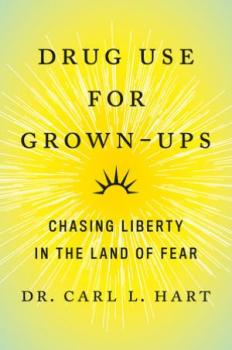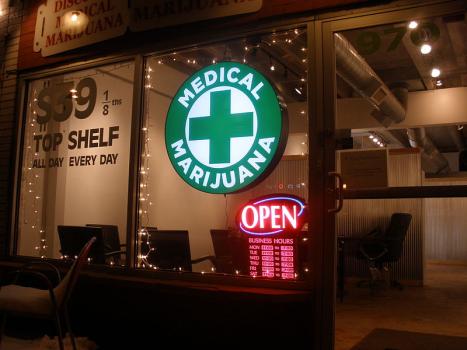US Sending Lethal Aid to Ecuador to Fight Drug Gangs, House Members Target "Gas Station Heroin," More... (1/22/24)
The Justice Department seeks to throw out a challenge to federal marijuana prohibition, MexicO wants to know where military grade weaponry reaching drug cartels is coming from, and more.






